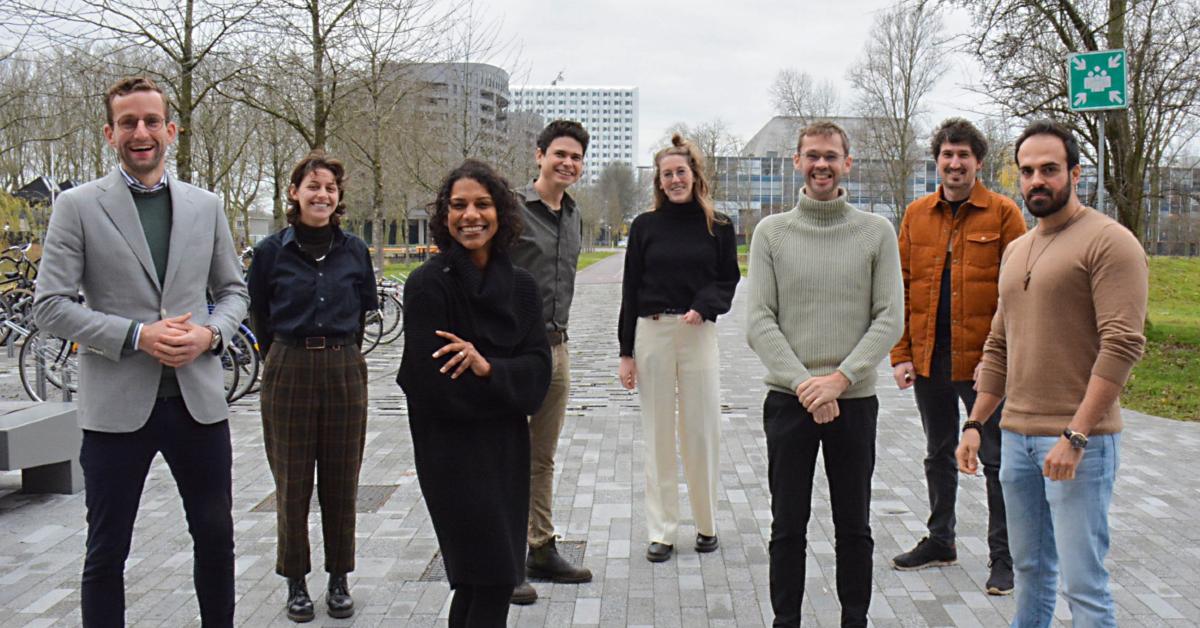London-based fintech startup GoCardless has secured $75 million in Series E funding for expanding its offices across North America, Europe, the Middle East, Africa and Asia-Pacific regions. Previously in 2017, GoCardless declared that it had received $22.5 million in funding. Before the funding of $75 million, the British startup has received around $47 million in total.
Know everything about GoCardless
The current funding round has been backed by U.S. cloud-based software company, Salesforce, and Google’s parent company, Alphabet. Adams Street Partners, a private equity firm, and GV, Alphabet’s venture capital investment arm, co-led the funding round. Contributions also came from current investors, viz. Passion Capital, Notion Capital, Balderton Capital, and Accel.
As of now, the fintech startup has its headquarters in London and has other offices in France, Australia and Germany. The Britain startup has stated that the current offices process transactions worth over $10 billion annually for 40,000 businesses situated across the world. GoCardless has a huge clientele including newspapers like The Guardian and the Financial Times, as well as tech firms like Box and Sage.
Where will the funds get utilised?
Hiroki Takeuchi said that the company will use the fresh capital to expand its payments product to the U.S. This will help the company to cover nearly 70% of global recurring payment volume by spring.
Further, the latest funding will also be used to expand new products connected to recurring payment transactions, including foreign exchange services, instant payment settlements, and “payment intelligence” tools.
Founded in 2011, GoCardless employees 300 people and is headed by co-founder and CEO Hiroki Takeuchi. The startup allows businesses that want to give their customers the facility to pay via recurring bank payments.
Why is the startup needed?
Regarding the need of the startup offering payment via recurring bank payments, Takeuchi stated, “Accessing the various bank to bank payments schemes have traditionally been difficult from a commercial, compliance and technical point of view. Instead, businesses have typically relied on payment methods, such as card payments or cheques, which aren’t up to the job of recurring payments”. He further added, “Overall, we think these kinds of recurring payments make up about 18 percent of total payment volume globally”.
Takeuchi also stated, “We focus on what we think of as the recurring payments market — subscriptions, invoicing, installments — and each of those markets is super broken”.
Stay tuned to Silicon Canals for more updates in the tech startup world.
Did you know you can post your job for free on our job board? If you require extra promotion, reach out to [email protected] for a discounted offer.










01
From telecom veteran to Dutch Startup Visa success: The Jignesh Dave story